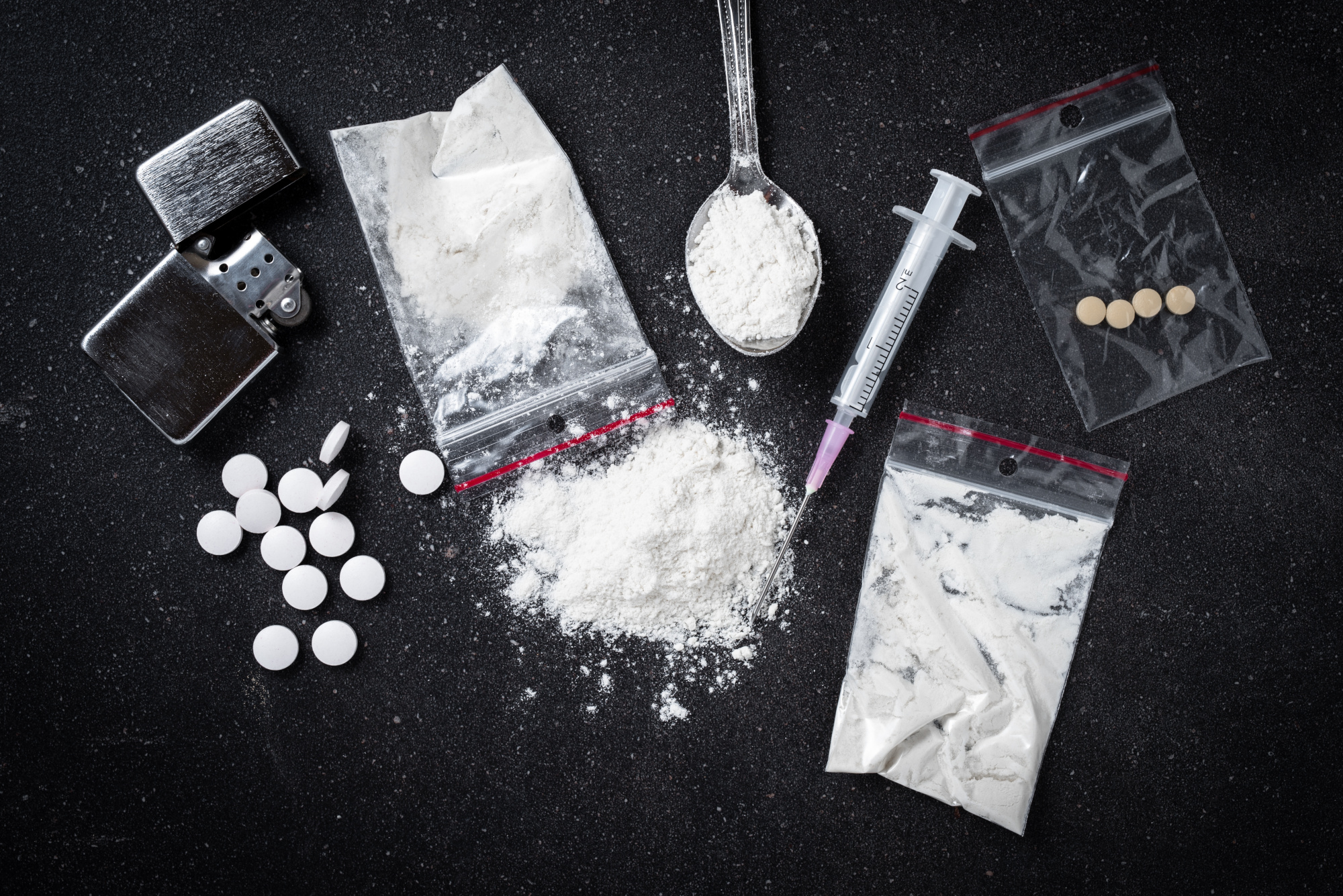Does one drug stand apart from all others as the most addictive drug in the world?
Addiction is a complex issue, and while some drugs are more addictive than others, what is most addictive can vary between individuals. Whatever substances are involved, if you or a loved one is facing addiction, understanding more about it may be the first step toward healing and recovery.
In this article, we’ll explore the nature of addiction, delve into the substances that pose the highest risk, and offer guidance and support for those seeking help.
The Nature of Addiction
Before we examine the substances themselves, let’s talk about what addiction is and how it affects the brain. Addiction is a multifaceted disease characterized by compulsive engagement with rewarding stimuli, despite adverse consequences. It alters the brain’s chemistry, making it extremely challenging for individuals to abstain from the substance or behavior they’re addicted to, leading to a cycle of dependency that can devastate lives.
Factors Influencing Addiction
The journey into addiction varies significantly from person to person, influenced by factors such as genetics, environment, mental health, and the pharmacological properties of the substance itself. These factors contribute to the complexity of addiction and why some drugs are more addictive than others.
The Most Addictive Drugs
What is the most addictive drug in the world? What is most addictive can vary between individuals, but certain substances are widely recognized for their potent addictive qualities, due to their intense effects on the brain’s reward system. This “most addictive drugs list” can help us categorize some of the most highly addictive substances.
Opioids
Opioids, including heroin, fentanyl, and prescription pain relievers like oxycodone and hydrocodone, are among the most dangerously addictive substances. These drugs produce a euphoric high by flooding the brain with dopamine, a neurotransmitter associated with pleasure and reward. However, their misuse can lead to devastating physical and psychological dependence.
Cocaine and Crack Cocaine
Cocaine, including its smokable form, crack, is a powerful stimulant that affects the brain’s dopamine levels, leading to intense euphoria followed by a profound crash. This cycle encourages repeated use to regain the high, paving the way for addiction.
Methamphetamine
Methamphetamine, known for its long-lasting stimulant effects, is highly addictive. It increases the amount of natural dopamine in the brain, which stimulates brain cells, enhancing mood and body movement. Its potent impact on the brain’s reward circuitry can lead to rapid dependence and severe physical and mental health issues.
Nicotine
Often overlooked, nicotine, found in cigarettes and vaping products, is one of the most addictive substances. Its addictive potential is compounded by its legal status and accessibility, making it a pervasive threat to public health.
Alcohol
Alcohol’s widespread social acceptance masks its potential for addiction. Chronic alcohol use can disrupt the balance of neurotransmitters in the brain, leading to dependency and a host of physical and mental health problems.
What Makes Certain Drugs More Addictive Than Others?

The addictive potential of a drug is influenced by its ability to rapidly and intensely affect the brain’s reward system. Drugs that produce a quick, profound surge of dopamine—a neurotransmitter associated with pleasure and reward—tend to be more addictive. This immediate and intense gratification reinforces the drug use behavior, compelling the individual to repeat the experience. Factors such as the rate of absorption, the euphoria it produces, and the severity of withdrawal symptoms all contribute to what is the most addictive drug. Additionally, the ease of access and societal attitudes toward certain substances can also play significant roles in their potential for addiction.
What Is The Least Addictive Drug?
Identifying the “least addictive drug” is challenging due to the subjective nature of addiction and the varying effects substances have on individuals. However, drugs with minimal psychoactive effects and low potential for abuse–such as CBD (cannabidiol), which is derived from the cannabis plant but does not produce the high associated with THC (tetrahydrocannabinol)–are often considered to have a lower risk of addiction. It’s important to note that the risk of addiction can be influenced by personal factors and circumstances, making any substance potentially harmful if misused.
Treatment for Severe Drug Addiction
Treating severe drug addiction involves a multi-step approach. Therapies can include individual counseling, group sessions, and cognitive behavioral therapy (CBT). Medication-Assisted Treatment (MAT) might be used for cravings and relapse prevention. Ongoing support through outpatient care and groups like NA or AA is essential for long-term recovery, with treatments customized to meet individual needs and tackle any co-occurring mental health issues.
At Southern California Recovery Centers (SCRC), we’re committed to providing a supportive environment that addresses the unique needs of each individual. Our men’s-only programs for addiction treatment in Southern California are designed to guide our clients through their recovery journey, offering the tools and support necessary for achieving long-term sobriety. We offer programs specifically tailored to cocaine treatment, meth treatment, alcohol treatment, and more.
Finding Help: Navigating Recovery from the Most Addictive Drugs
By recognizing the signs of addiction and knowing when to seek help, you can begin the path to recovery and reclaim your life from the grip of dependency. Remember, the journey to recovery starts with a single step: reaching out for help.
At SCRC, we are committed to providing resources, support, and information to those affected by addiction. If you or someone you love needs help, please contact us. Together, we can overcome the challenges of addiction and build a brighter, healthier future.



